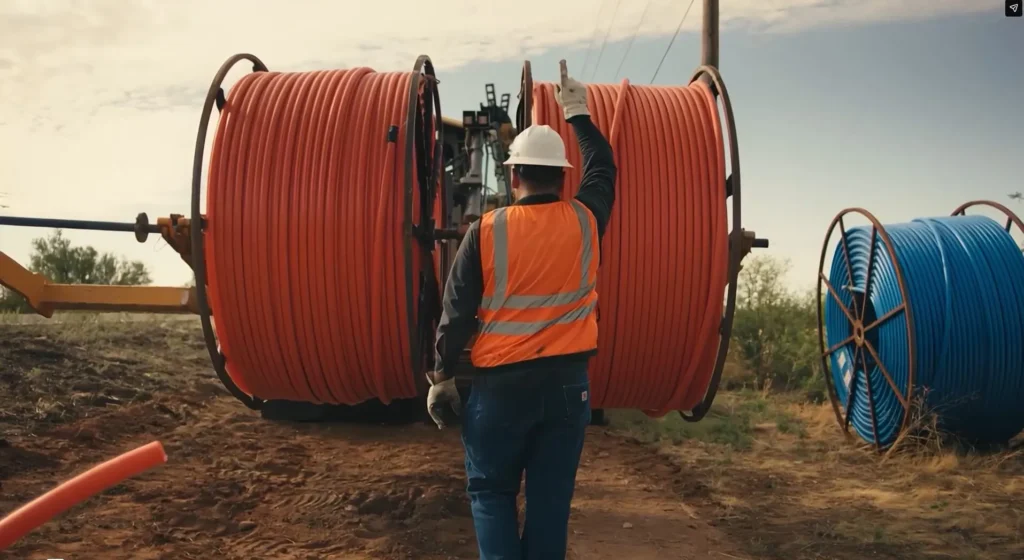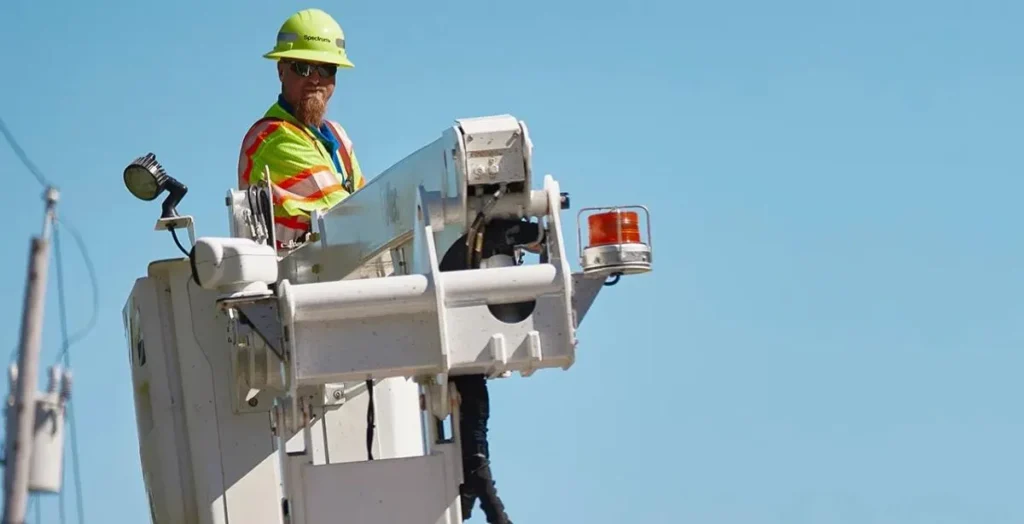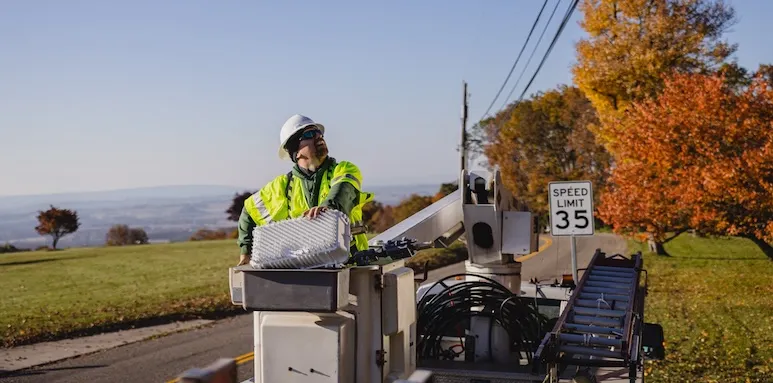Today is Energy Efficiency Day, and the perfect time to pay tribute to the cable industry’s tremendous energy-saving efforts. Through a pair of energy efficiency “voluntary agreements,” which focus on the set-top boxes and home internet equipment found in consumer households, the industry has reduced energy consumption and delivered significant cost savings to millions of consumers, all without compromising upgrades and enhancements to the products and services that they enjoy so much. Under these agreements, which were signed by service providers representing approximately 90% of the residential pay-TV and broadband internet markets in the U.S, the companies committed to having at least 90% of their new devices meet the agreements’ energy-efficiency level requirements.
As businesses and advocacy groups around the country celebrate this important day of environmental awareness, here a few quick facts about how the cable industry is making energy efficiency a priority through these voluntary agreements, while still managing to provide the high-quality and innovative services Americans love.
The Voluntary Agreement for Ongoing Improvement to the Energy Efficiency of Set-Top Boxes was signed in 2012, and aims to increase the energy efficiency of set-top boxes while offering new features and improving functionality. Signatories include Comcast, Charter, Cox, AT&T/DIRECTV, DISH, Altice, Verizon, Frontier, and CenturyLink, manufacturers ARRIS and Technicolor, and energy efficiency advocates including the Natural Resources Defense Council and American Council for an Energy-Efficient Economy (ACEEE). CableLabs® has also played a leading role in researching and developing energy efficiency strategies and in supporting the ongoing implementation of the Voluntary Agreement.
A sampling of the results include the following:
- Set-top box users saved approximately $1.6 billion in energy costs in 2018 alone.
- More than 28.6 million metric tons of CO2 emissions were avoided over the past six years.
- The total energy footprint of all set-top boxes nationwide in consumer homes has fallen by nearly 40%.
- There has been a nearly 50% decline in the energy used by new DVRs since 2012.
The Voluntary Agreement for Ongoing Improvement to the Energy Efficiency of Small Network Equipment (SNE) followed in 2015 with the goal to improve energy efficiency in small network equipment such as broadband modems, routers, and Wi-Fi extenders. The agreement, led by NCTA, CTA, and CableLabs®, includes all major U.S. broadband internet service providers and manufacturers of small network equipment such as Actiontec, ARRIS, Netgear, Technicolor, and Ubee, and has resulted in significant savings, even as functionality has increased:
- Nearly all (99.6%) of SNE purchased and sold in 2018 for use by U.S. residential broadband subscribers met the energy-efficiency standards in the agreement.
- Average idle mode energy usage of SNE relative to average broadband speed has decreased by 66% since the agreement was ratified in 2015.
- All signatories fulfilled their commitment that 90% of their new devices would meet the Agreement’s energy efficiency levels.
The programs have been named “Project of the Year” by Environmental Leader, a leading environmental publication.
Cable operators remain committed to the continued success of energy savings throughout the industry, and even greater improvements to energy efficiency are expected in the next several years as more rigorous energy efficiency levels become applicable in both voluntary agreements in 2020.
For more information on the energy efficiency voluntary agreements and a full list of signatories, go to https://www.energy-efficiency.us/.










